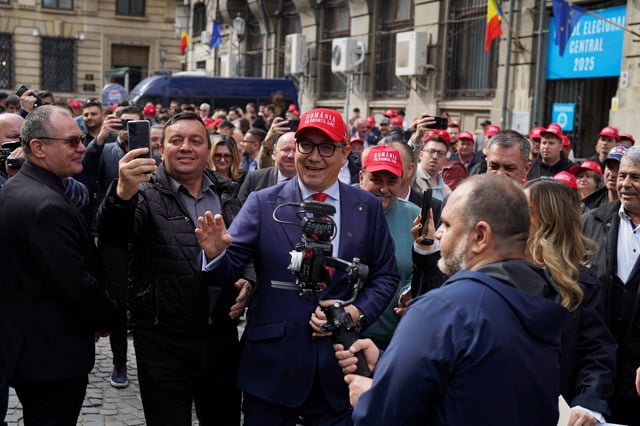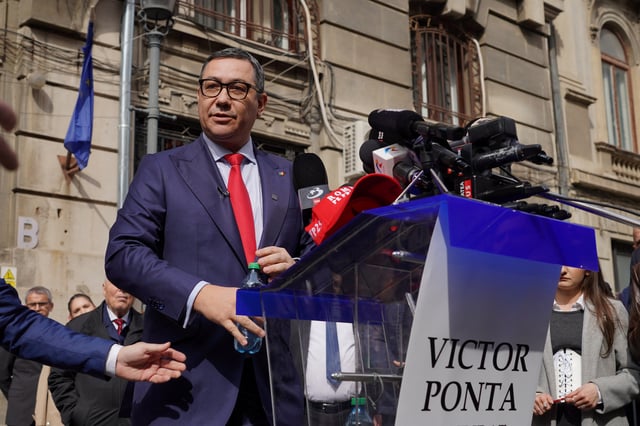Overview
- Romania's Constitutional Court upheld a ban on far-right candidate Călin Georgescu, citing campaign finance violations and alleged Russian backing, which he denies.
- The initial presidential election results from December were annulled due to accusations of Russian interference, leading to a rerun scheduled for May 4 and 18.
- Victor Ponta, a former prime minister and ex-Social Democrat leader, has officially entered the race, positioning himself as a potential alternative for voters from both political wings.
- Far-right parties are under pressure to find a replacement candidate before the March 15 deadline, with Georgescu's endorsement expected to heavily influence voter decisions.
- The presidency holds critical powers in Romania, including decisions on military aid and EU unanimity votes, making the election pivotal for the country’s role in European and NATO matters.



